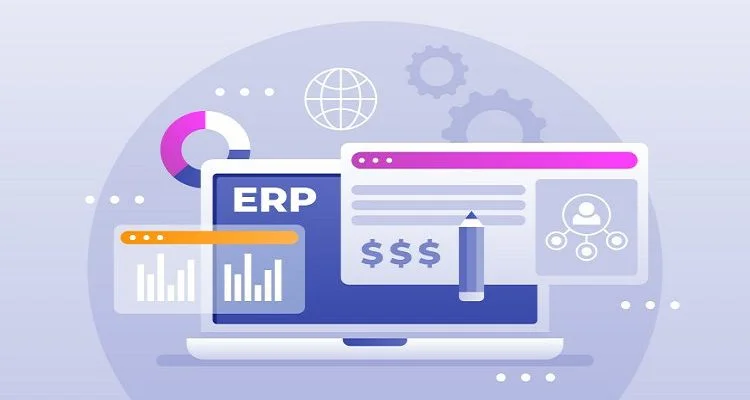
How to overcome challenges in ERP Adoption for Nonprofits
Enterprise Resource Planning (ERP) systems are designed to help organizations streamline their operations and improve overall efficiency. While ERP systems can benefit any organization, non-profit organizations face unique challenges when adopting ERP systems. Here are some common challenges non-profit organizations face when adopting ERP for nonprofits and ways to overcome them:
Cost
Cost is a significant challenge for non-profit organizations when implementing an ERP system. Non-profits typically have limited budgets, and ERP systems can be costly.
Solution
Non-profits can consider cloud-based ERP systems, which can be more affordable than traditional on-premise systems. Cloud-based NGO ERP software also requires fewer infrastructures, which reduces costs. Non-profits can also explore free and open-source ERP software solutions, which can be customized to their specific needs.
Complexity
ERP systems are complex and require significant resources and expertise to implement and maintain.
Solution
Non-profits can partner with the best NGOs ERP solutions and consultants who understand their unique challenges and can help them implement and maintain the system. They can also consider implementing the system in phases, starting with the most critical functionalities and expanding gradually.
Resistance to Change
Non-profit organizations may face resistance from employees when adopting ERP systems. Employees may be hesitant to learn a new system, which can slow down the implementation process.
Solution
Non-profits can involve employees in the implementation process and provide training and support to ensure a smooth transition. They can also communicate the benefits of the ERP system to employees, such as improved efficiency, increased productivity, and better decision-making.
Data Security
Non-profit organizations handle sensitive information, such as donor data and financial information, making data security a critical concern.
Solution
Non-profits can ensure that the ERP system they adopt has strong security features, such as data encryption, access controls, and regular data backups. They can also work with their implementation consultants to ensure that the system meets regulatory compliance requirements.
Customization
Non-profit organizations may have unique business processes that may not be accommodated by out-of-the-box ERP systems.
Solution
Non-profits can work with their implementation consultants to customize the ERP system to meet their specific needs. They can also consider a cloud-based ERP software system that can be customized to their needs.
ERP (Enterprise Resource Planning) implementation can be a challenging process due to various reasons, including:
-
Complexity
ERP systems are complex and involve integration with various business functions and departments, including finance, sales, human resources, and supply chain management. The integration of different modules and customization based on the specific needs of the organization can be a complex process.
-
Change Management
Implementing an ERP system often requires significant changes to the existing business processes, which can be challenging for employees who are used to working in a certain way. Resistance to change can lead to delays and inefficiencies in the implementation process.
-
Data Management
ERP systems require accurate and consistent data to function effectively. If the data is not clean, accurate, and consistent, it can lead to errors and inefficiencies, which can cause further delays and challenges during the implementation process.
-
Resource Allocation
Implementing an ERP system requires a significant investment of time, money, and resources. Organizations need to allocate the necessary resources, including skilled personnel and IT infrastructure, to ensure a successful implementation.
-
Training
ERP systems are typically complex and require specialized skills to operate. Employees need to be trained on how to use the system, which can be time-consuming and challenging.
-
Vendor Selection
Selecting the right vendor and system can be a challenging process. Organizations need to evaluate various vendors and systems to find the best fit for their needs, which can involve a significant amount of research and analysis.
Conclusion
Non-profit organizations face unique challenges when adopting ERP systems. However, by considering ERP for NGOs in Pakistan partnering with experienced consultants, involving employees in the implementation process, ensuring data security, and customizing the system, non-profit organizations can successfully overcome these challenges and reap the benefits of ERP systems.
